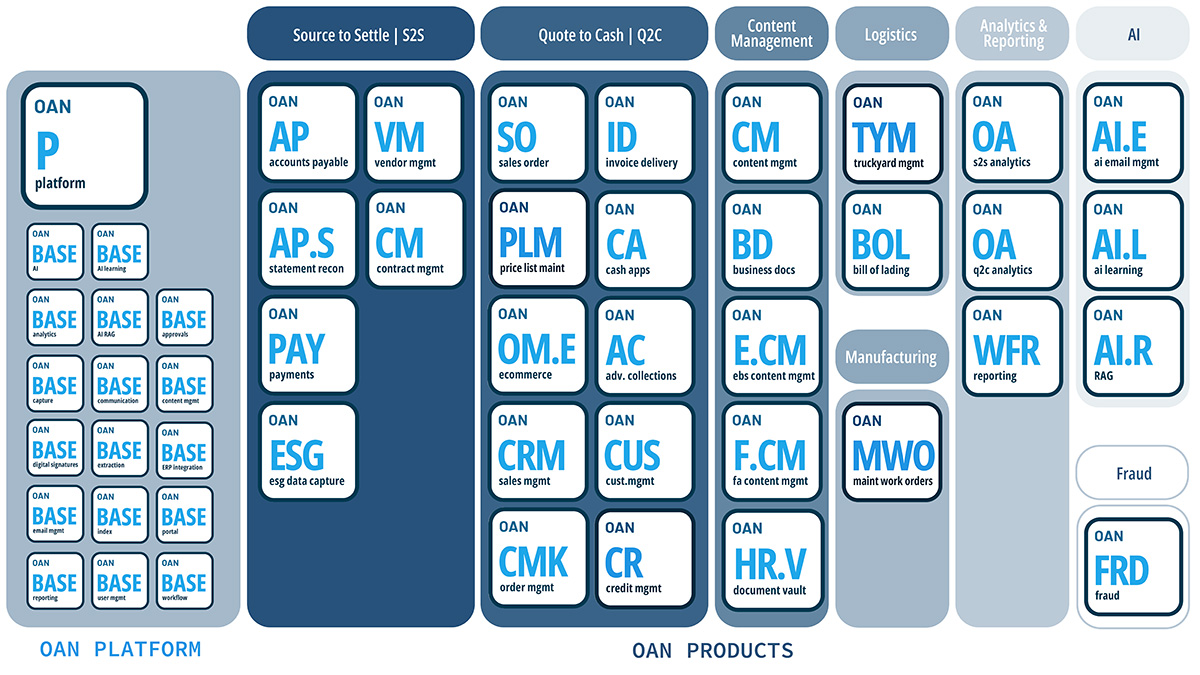Effective credit management is a cornerstone of financial stability and growth for any business. By carefully managing the extension of credit to customers, companies can enhance cash flow, reduce the risk of bad debts, and strengthen customer relationships. Understanding the importance of credit management can help businesses implement strategies that ensure long-term success and financial health.
Enhancing Cash Flow
One of the most significant benefits of credit management is the improvement of cash flow. When businesses extend credit to customers, timely payment is crucial to maintaining a steady flow of funds. Effective credit management ensures that invoices are issued promptly, payments are tracked, and overdue accounts are followed up diligently. Improved cash flow allows businesses to meet their financial obligations, invest in growth opportunities, and avoid the need for short-term borrowing. Companies can ensure operational efficiency and stability by maintaining a healthy cash flow. Effective credit management practices are essential for sustaining day-to-day operations and supporting long-term growth.
Reducing Bad Debts
Bad debts can severely impact a business’s financial health. By implementing robust credit management practices, companies can minimize the risk of bad debts. This involves assessing customers’ creditworthiness before extending credit and setting appropriate credit limits based on financial stability. A well-defined credit policy helps mitigate the risk of bad debts by outlining clear credit assessment and collection procedures. By adhering to these policies, businesses can make informed decisions about extending credit and reducing non-payment likelihood. Effective credit management ensures businesses do not suffer significant financial losses due to bad debts.
Strengthening Customer Relationships
Effective credit management can also enhance customer relationships. By communicating clearly about credit terms and conditions, businesses can set expectations and reduce the likelihood of disputes. When customers understand the credit terms and agree to them, they are more likely to adhere to them, leading to smoother transactions. Building strong customer relationships involves being flexible and understanding customers’ financial situations. Offering tailored credit terms and working collaboratively to resolve payment issues can improve customer satisfaction and loyalty. Positive customer relationships are vital for long-term business success and growth.
Improving Financial Planning
Credit management plays a crucial role in financial planning. Businesses can plan their expenditures and investments more effectively by accurately predicting cash inflows from receivables. This ensures they have the necessary funds to meet operational needs and seize growth opportunities. Regular monitoring and analysis of credit performance provide valuable insights into the business’s financial health. Tracking key metrics such as the average collection period and the overdue account ratio helps companies identify trends and make informed decisions. Effective credit management supports proactive financial planning and decision-making.
Managing Financial Risks
Managing financial risks is an integral part of credit management. Businesses can identify and mitigate potential risks by conducting thorough credit assessments and monitoring customers’ payment behaviors. Effective credit management helps companies make informed decisions about extending credit and setting credit limits, reducing exposure to financial risks. Diversifying the customer base is another strategy for managing financial risks. Relying on a diverse range of customers minimizes the impact of any single customer’s default on the business. Effective credit management practices enable businesses to spread risk and protect themselves from significant financial losses.
Increasing Sales and Revenue
Extending credit to customers can increase sales and revenue by making it easier for customers to purchase goods and services. Effective credit management ensures that credit is extended responsibly, enabling businesses to grow their sales without compromising financial stability. Companies can attract more customers and increase their market share by offering flexible payment options. Proper credit management also involves setting favorable credit terms for the business and the customer. This balance helps maintain profitability while providing customers the flexibility they need to purchase. Increased sales and revenue contribute to the overall growth and success of the business.
Gaining Competitive Advantage
Effective credit management can provide a significant advantage in a competitive business environment. Businesses that manage their credit efficiently can offer more attractive credit terms to their customers, giving them an edge over competitors. This competitive advantage can help attract and retain customers, driving business growth. Offering flexible credit terms while ensuring timely payments requires a delicate balance. Businesses that can strike this balance are better positioned to meet the needs of their customers and stand out in the market. Effective credit management enables businesses to be more competitive and responsive to market demands.
Optimizing Resource Allocation
Proper credit management allows businesses to optimize the allocation of their resources. By ensuring timely collection of payments, companies can avoid allocating excessive resources to chase overdue accounts. This frees up time and effort that can be better spent on core business activities and growth initiatives. Automation of credit management processes can further enhance resource optimization. Utilizing technology for invoicing, payment tracking, and credit assessment can streamline operations and reduce administrative burdens. This leads to more efficient use of resources and improved overall productivity.
Supporting Business Growth
For businesses, growth is often tied to extending credit to customers. Effective credit management supports business growth by extending credit responsibly and efficiently. This allows businesses to pursue new opportunities and expand their operations without compromising financial stability. Access to credit can be a significant driver of growth for customers. By offering flexible credit terms, businesses can help their customers manage their cash flow and invest in growth initiatives. This mutually beneficial relationship fosters long-term partnerships and supports the overall growth of both companies.
Conclusion: The Strategic Value of Credit Management
The importance of credit management in your business cannot be overstated. Effective credit management is essential for long-term success, from enhancing cash flow and reducing bad debts to strengthening customer relationships and supporting business growth. By implementing best practices in credit management, businesses can navigate financial challenges, optimize their operations, and achieve sustainable growth. Understanding and leveraging the benefits of credit management is crucial for maintaining financial stability and thriving in a competitive business environment.

